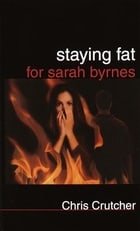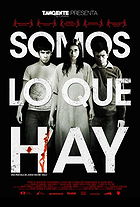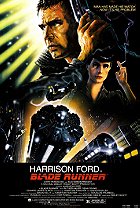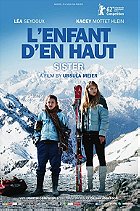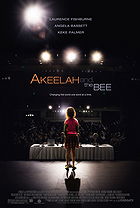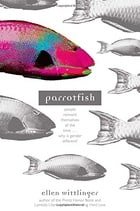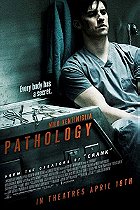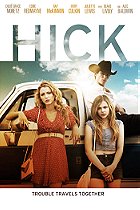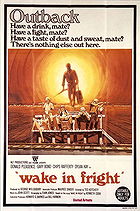It's also about growing up. And sexual awakening. And youthful confusion. And the moment as a child when you realize that you can't save the grown-ups in your life; sometimes, you can only help them along while they choose to sink or swim, to fight against the current, or drown. It's about the way movies influence young people, and how it's often the one's you wouldn't expect that change their ideology, for better or worse.
Hanna (Katrine Vanasse) is a knowing yet naive 13-year-old who lives with her thief brother, Holocaust survivor father, and suicidally depressed mother in France. The year is 1963. Her father (Predrag Manjlovic) has a iron grip on the household. On the other hand her mother (Pascale Bussières) is as submissive and weak as her father is dominating. In an opening scene, Hanna gets her first period near her grandparent's house, and shortly after goes back home to her parent's.
While she was hardly happy at her grandma and grandad's, things go from bad to worse at home. Her dad is a pretentious, lofty, and generally bad writer who fancies himself a great artist, and her mom is one twitch away from a complete nervous breakdown. Her brother Paul is a petty thief. In an opening act of general assholery, Hanna's father spits at her mother that her's is 'mongoloid family' because her brother (Hanna's Uncle Martin) has Down Syndrome (I told myself that 'Mongoloid' was not such an offensive term back in the 60's, but nah, it's still not excusable.)
When Hanna goes to the theater and sees "Vivre Sa Vie" for the first time, she falls in love- with the movies, Anna Karina, and with Karina's 'glamorous' character. From what I saw of the film within this film she is totally misreading the message of the movie, as her teacher tries to point out. But as a confused kid (sexually and in life) looking for a role model, it makes sense.
Boy, did the child actor knock it out of the park here! Hanna was a sweetheart. From what I understand, the child actress was sixteen when she did this movie, and in fact, she looks childlike in some shots and more womanly in others, probably a intentional decision on the part of the director. Hanna's father insists on masculinizing his daughter, cropping her hair down to boy length (the hair-cutting scene reminds me of the one in "Ma Vie En Rose.") As Dad cuts, a silent tear runs down Hanna's cheek, and she gradually is made to feel a little more helpless.
Hanna propositions a man, maybe in hopes for a normal life or because it is the 'thing to do' as a girl, but exchanges intimate kisses with a female friend (Charlotte Christeler.) Does that mean she is bi, simply confused, or something else. Fed up with her family, Hanna runs away, but will a life on the streets be easier or harder than she was looking for?
The acting was fabulous, but I wished the ending had offered a little more. There seemed to be a real lack of realization, and everything get's better quite abruptly. What was learned, except that being a ho' isn't all it's cut out to be? It's nice to have a happy ending for such a lovely character, but the story doesn't seem to have the most logical conclusion.
"Set Me Free" is well made and most of all bittersweet and sad. It's is based on the director Lea Pool's life, so that makes it this much more authentic. I would love to know if filmmaker Lea Pool is gay, because that would shine a light to better understand the sexual elements of this movie.

 Login
Login
 Home
Home 127 Lists
127 Lists 162 Reviews
162 Reviews Collections
Collections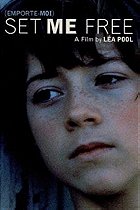
 0 comments,
0 comments, 